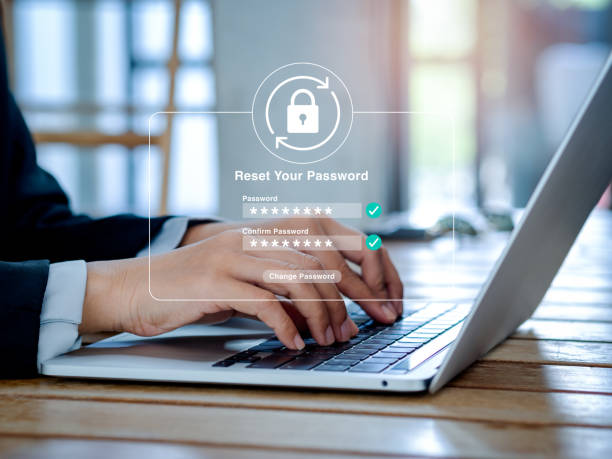
In today's digital landscape, where cyber threats are increasingly sophisticated, selecting a reliable random password generator is vital. Key features such as customizable password length and character variety can greatly enhance security, while a user-friendly interface guarantees accessibility for all users. In addition, strong encryption standards are necessary for safeguarding stored passwords across multiple platforms. As we explore the top features essential for an effective password generator, it becomes clear that understanding these elements is important for maintaining robust online security. What other factors should be considered to bolster your password protection strategy?
Customizable Password Length
One of the paramount features of a random password generator is its ability to offer customizable password length, which directly impacts both security and usability. The length of a password is a vital factor in determining its strength; longer passwords exponentially increase the difficulty of brute-force attacks. A strong password typically contains at least 12 characters, but many users may prefer shorter options for convenience. Consequently, a versatile password generator must accommodate varying length requirements while maintaining security integrity. This adaptability guarantees that users can generate strong passwords tailored to their specific needs, balancing complexity with ease of use. Ultimately, the customizable password length feature serves as an essential element in enhancing overall security measures for individuals and organizations alike.
Character Variety Options
Enhancing password security hinges greatly on the variety of characters incorporated into the generated passwords. A robust random password generator should offer a wide array of character options, including uppercase and lowercase letters, numerals, and special symbols. This diversity notably increases the entropy of the password, making it resistant to brute-force attacks and dictionary attempts. Additionally, users should be able to customize the inclusion of specific character types to meet organizational policies or personal preferences. The ability to exclude ambiguous characters can further enhance usability without compromising security. Ultimately, a generator that balances an extensive set of character variety options with user-defined parameters provides a more secure and tailored password solution, essential for safeguarding sensitive information.
User-Friendly Interface
A robust random password generator not only excels in character variety but also emphasizes the importance of a user-friendly interface. The effectiveness of such tools is greatly enhanced when users can easily navigate their features. A well-designed interface should include clear instructions, intuitive controls, and uncomplicated settings, allowing users to generate passwords without unnecessary complexity. In addition, the ability to customize password parameters—such as length and character types—should be readily accessible, enabling users to tailor their experience to specific security needs. Visual elements, such as progress bars and feedback messages, can also improve usability by providing immediate confirmation of actions taken. Ultimately, a user-friendly interface fosters confidence and encourages more consistent use of strong password practices.
Security and Encryption Standards
While many random password generators focus on usability and convenience, the underlying security and encryption standards are equally important in guaranteeing the protection of sensitive information. A robust password generator must employ strong cryptographic algorithms, such as AES or RSA, to secure generated passwords against unauthorized access. Additionally, the use of a secure random number generator (RNG) is crucial, as it reduces predictability and enhances entropy, making passwords harder to crack. Implementing hashing algorithms like SHA-256 can additionally safeguard stored passwords by converting them into a non-reversible format, mitigating risks associated with data breaches. Moreover, adherence to industry standards and best practices, such as those established by NIST, guarantees that the password generator maintains a high level of security in an evolving threat landscape.
Cross-Platform Compatibility
Cross-platform compatibility is a critical feature for any random password generator, ensuring that users can effortlessly access and utilize the tool across various operating systems and devices. This compatibility enhances user experience by eliminating barriers typically posed by differing software environments, such as Windows, macOS, Linux, iOS, and Android. A well-designed password generator should function seamlessly whether accessed via a web browser, desktop application, or mobile app. Additionally, synchronization capabilities across devices are essential, allowing users to generate and store passwords securely without the risk of losing data. Moreover, cross-platform compatibility contributes to user confidence, as individuals can rely on a single tool for password management, regardless of their chosen technology stack. Consequently, it is a fundamental criterion in evaluating password generation solutions.
Conclusion
In conclusion, selecting an effective random password generator necessitates careful consideration of several key features. Customizable password length enhances security, while a diverse array of character options increases complexity. A user-friendly interface guarantees ease of navigation, and robust security and encryption standards are critical for safeguarding stored passwords. Additionally, cross-platform compatibility allows for seamless integration across devices. Prioritizing these features will greatly improve password management and overall cybersecurity posture.





